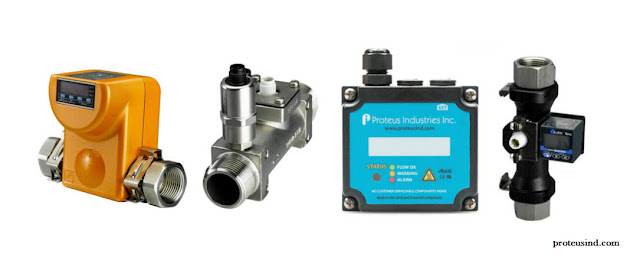Top Quality Flow Meters for Die Casting Industry
What is die casting? Die casting is a specific manufacturing process that produces sharply defined, accurately dimensioned, textured or smooth-surfaced metal parts. It relies on metal casting; a technique that forces molten metal under extremely high pressures into reusable mold cavities (also called metal dies). Mould cavities are made using two toughened steel dies which are machined into a particular shape. They operate similarly to an injection mould. A majority of die casting are manufactured from various non-ferrous metals such as copper, zinc, aluminum, lead, tin-based alloys and pewter. The type of metal that is casted will determine whether a cold or hot chamber machine is used. The process of die casting is sometimes explained as the nonstop route between a raw material and a finished product. “Die casting” may also describe a finished part. What role do flow meters play in die casting? In die casting, a flow meter may be used in two situations: die cooling and o...

